
The original Whāngārā Farms as a partnership was made up of two Māori Incorporations, Pakarae A and Other Blocks, and Whāngārā B5. This partnership created a significant farming operation leading the way for Māori land-based businesses.
The original driving force behind the establishment of Whāngārā Farms Partnership, was the Whāngārā B5 chairperson Ingrid Collins (who has been involved with Māori land in this region for the past 45 years), the late John McGhee, (then chairperson of Pakarae A and Other Blocks).
Whāngārā Farms Partnership was a 5,600 ha property.
Richard Scholefield joined Whāngārā Farms in 2007 as the General Manager and a major development program was started focusing on water, fertiliser, genetics and infrastructure. There were some huge improvements and in 2009 Whāngārā Farms won the Ahuwhenua Māori Farmer of the Year. After 17 years with Whāngārā Farms, Richard Scholefield and his family moved on from Whāngārā Farms in 2023.
In 2010, Whāngārā Farms purchased Tongataha, a 1,500 ha block north west of Wairoa, bringing the total land holding to 7,100 ha.
In 2015, a third incorporation, Tapuwae Whitiwhiti joined Whāngārā Farms.
In 2019, the Whāngārā Farms Partnership entered the Ahuwhenua Trophy competition for the second time, which saw all Ngāti Konohi lands being represented together.
On 25th March 2020, the Pa Nui property at Mahanga, Mahia was purchased (592 ha, effective area 500 ha).
As of 30 June 2021, the Whāngārā Farms Partnership now farms 8,834 ha of East Coast land, with 7,649 ha being effective, and includes 78,943 stock units (Cattle = 34,616 & Sheep = 44,327).
There are 2,500 joint shareholders and Whāngārā Farms is governed by a Board which is made up of three representatives from the Incorporations and two independent directors.
At full strength, Whāngārā Farms employs 17 full time staff and casuals, and is focused on staff development and improvement.
“An outstanding business delivering ongoing sustainable returns.”
In achieving the vision, Whāngārā Farms and its Partners will achieve the following goals:
1. Uphold the legacy for future generations, including cultural sensitivities
2. Enable the entity to be in a position to take on more opportunities
3. Ensure what we have today improves and continues to provide for our people
Values represent the code we want our business to operate under. The Values have been developed during a joint planning day with Whāngārā Farms governors, management and staff. Our values are: leadership, commitment, integrity, respect, and ongoing achievement in the NZ Agri-business sector.
Long Term Goals (2 to 5 years)
• Highly motivated, skilled and committed people
• Sustainable farming systems/ resource management
• Maintain sustainable dividends to shareholders
• 145% lambing in ewes, 100% in ewe hoggets
• 92% calving in cows, 85% in heifers
• Producing sought-after products - genetically superior and quality assured
• Integrated breeding and finishing farm
• Innovative market orientated agribusiness
• Outstanding financial returns – Top 5% Economic Farm Surplus $700/ha
• Understanding and limiting the key constraints on our business
• Efficient business with a reduced environmental footprint
• Possible expansion of the Partnership
To keep the business at the forefront of industry developments, Whāngārā Farms has an annual research and development budget. The intent of this budget is to utilise it in such research areas as: livestock performance, forage development, plant and machinery and market opportunities. Currently we wait for other entities to develop new ideas (reactive) and we wish to be partner in teams to produce new ideas for our industry (proactive). In doing this we will form relationships with researchers which will assist us in achieving our future goals.
“In essence we want to bring more science to our decision making and therefore to our business”.